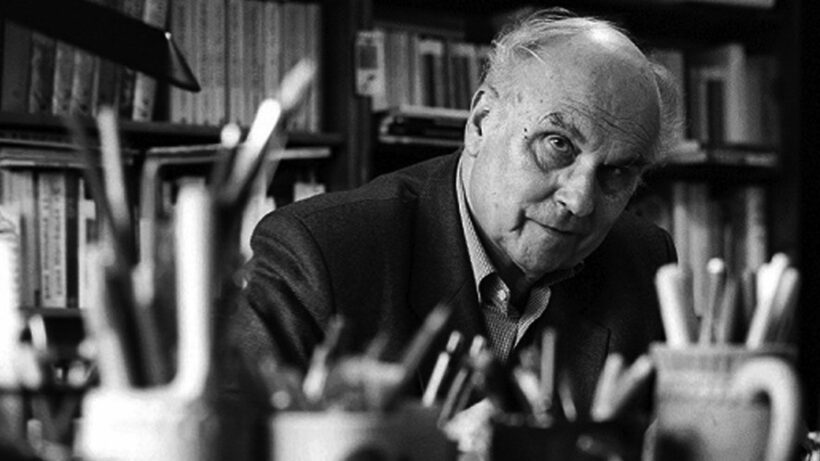It is essential to know how to distinguish the difference between journalism and propaganda.
The way in which the news function has been transformed into a strategic arm of global economic power has evolved until it has become part of the landscape. What was once an exercise in risk-taking, confrontation and a useful tool for society now seems to have taken the opposite side by manipulating and concealing truths that, if they were in the public domain, would be capable of turning the most powerful topsy-turvy. What is striking, however, is the cynicism with which the major news networks show their contempt for the humanitarian tragedies ravaging the planet, and how their content is accepted as absolute truth.
Making a spectacle of other people’s misfortune is, it seems, a tactic capable of bringing audience advantage and, consequently, a substantial increase in advertising revenue. What Kapuscinski, the great Polish reporter, considered the fundamental rule of journalism: “Look for the truth among ordinary people, forget the high circles of power when you need to find answers. Describe the details, because sometimes therein lies the key to everything. To flee from vanity and the over dimensions of the ego like the plague itself, because that is where one begins to lose objectivity and the sense of things. And to travel alone, so that someone else’s vision does not distort the pure and direct perception of the reporter” is today considered a competitive disadvantage.
Kapuscinski travelled the world and not as a tourist, in high-end hotels. He walked the almost forgotten roads where human misery was evident. And he recounted his findings with an unconditional emphasis on closeness to the humblest of people, the neediest of peoples. His profound analyses could cover the entire content of a doctorate in ethics and his teachings would be capable of reversing the very meaning of a profession which, from being honourable, has in some cases become the media equivalent of hired assassination.
As a strong opponent of all types of armed conflict – in his career he saw many and, above all, their effects – this Prince of Asturias award-winning journalist once stated that “the first victim of war is the truth”. Looking at the current panorama and putting everything in its place, it is important to point out that the overwhelming display of war spectacles and their dehumanising rhetoric reflect the trend of a journalism designed for and by the hegemony of the most powerful countries, thus ensuring the submission and progressive weakening of nations considered “dependent”.
Genuine journalism professionals, who see their field reduced by pressure from de facto powers, the influence of large corporations, blackmail and threats from businessmen and politicians and, above all, from legal bodies closely linked to criminal organisations and corrupt armies, are persecuted. The incessant pressures to silence the truth and conceal state crimes are not only a thing of Third World countries; we see it in the big international networks, condoning spurious decisions of the great powers and turning their aggressions into an example of democratic virtues. Journalism today is going through the greatest credibility crisis in its history.
Kapuscinski practised a model of journalism that today is on the verge of extinction.






